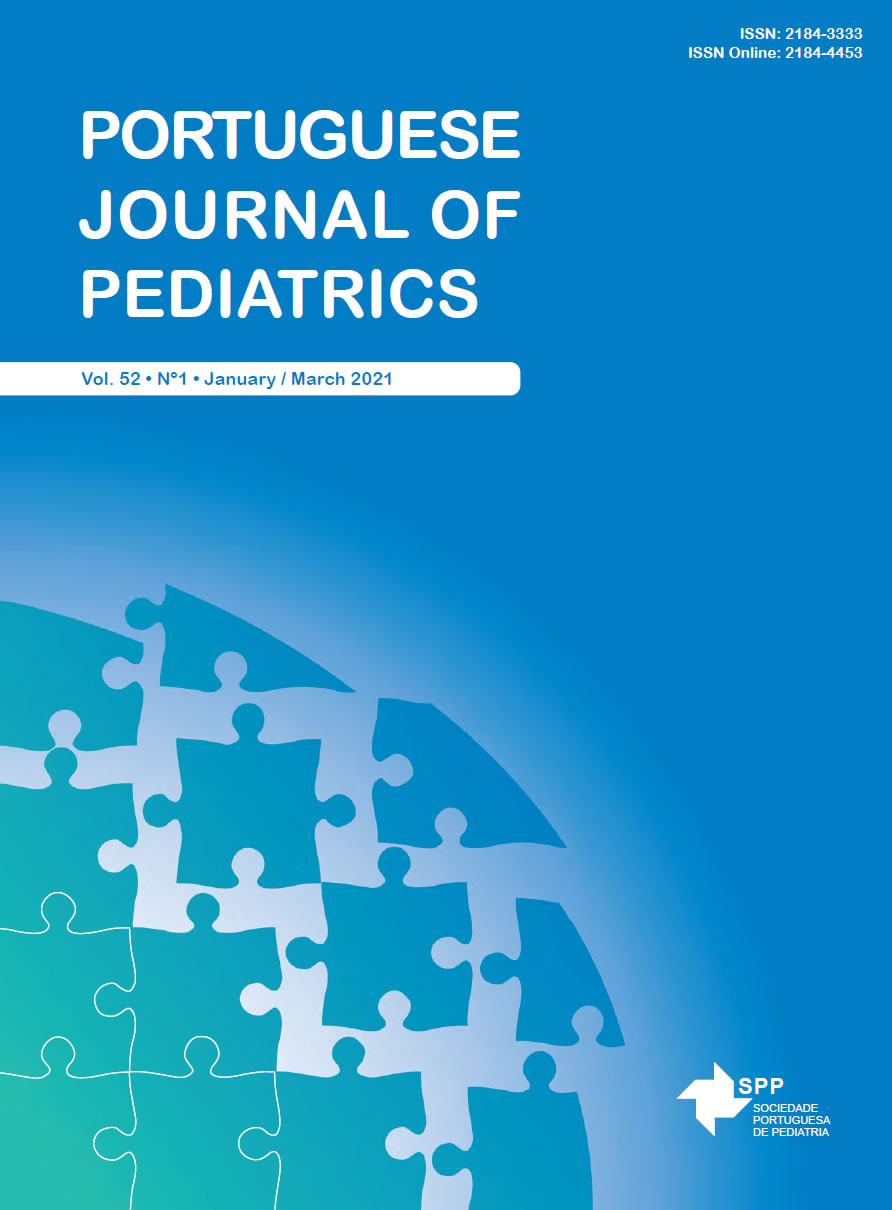Therapeutic Hypothermia for Neonatal Hypoxic-Ischemic Encephalopathy: 10-Year Experience
Date of submission: 03-03-2020 | Date of acceptance: 16-07-2020 | Published: 03-01-2021
Abstract
Introduction: Therapeutic hypothermia (TH) is the standard of care treatment for brain injury following perinatal hypoxia-ischemia in term infants. Accumulated evidence from clinical trials, systematic reviews and continuous experience shows a reduction in both mortality and long-term neurodevelopmental disability. The aim of our study was to: (i) present the 10-year experience of the neonatal intensive care unit (NICU) that pioneered hypothermia program in Portugal; (ii) evaluate the use of neurologic monitoring and (iii) describe outcomes and adverse events.
Methods: Prospective observational study of neonates who underwent TH between November 2009 and October 2019 in a single tertiary level NICU.
Results: 128 newborns were treated. 91% were outborn. The median gestational age was 39 weeks. 91% neonates needed advanced resuscitation, and 22% prolonged resuscitation (>10 minutes). On admission, 60% had severe, 26% had moderate and 14% had mild encephalopathy. Hypotension was the most common complication, affecting 66% of the newborns. 21 (16%) patients died during hospital stay. Expected outcome based on aEEG and MRI was favorable in 40%, intermediate in 32% and adverse in 28%.
Discussion: Effectiveness and safety profile of TH was confirmed in our population. A national register would be important to achieve and maintain high homogenous and national wide standards of care.
Downloads
Downloads
Published
Issue
Section
License

This work is licensed under a Creative Commons Attribution-NonCommercial-NoDerivatives 4.0 International License.









